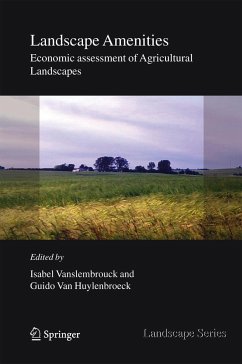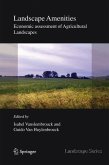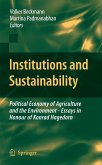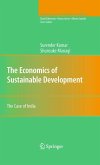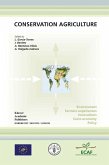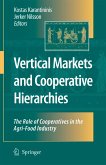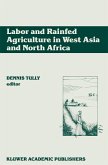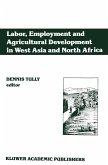The book contributes to the relatively extensive study of landscapes by exploring the interfaces in the landscape. Instead of taking a viewpoint of some of the disciplines we try to map the links between them, indicate points for common understanding and cooperation. These interfaces happen between different cultures, between natural and human sciences, past and present, lay people and experts, time and space, preservation and use, ecology and semiosis. It compares how different cultures interpret landscapes, how cultural values are assessed, explores new tools for assessment, picks up the discussion about landscape authenticity, and finally draws perspectives for further research. It is not a textbook on its own, rather it is additional reading for any course dealing with landscapes on advanced levels, for geographers, landscape ecologists, landscape Architects and everybody concerned with landscapes.
st t At the dawn of the 21 century, the impact of human beings on the environment continues to provide cause for concern. For some, what matters is the loss of so much that is beautiful and valuable in its own right. For others, the concern is with the effects of environmental degradation on human health and well-being. Whatever one's view, humans, like all living species, are remarkably adaptive. While this message should be familiar, all too many of the participants in the environmental debate seem unaware of 1 it. (David Pearce ) 1. BACKGROUND AND SCOPE OF THE RESEARCH Today, farmers' role in society is subject to many debates. This research is motivated by the need to have more insight into the changing character and the role of agriculture. It is clear that today's agriculture has a much broader significance for society than the mere provision of food and renewable resources. The achievement of sustainable forms of agriculture as well as its multifunctional role are now widely recognised. Promoting the positive environmental effects of agriculture and avoiding negative ones, has become one of the central issues of agricultural policy, both in the European context, in international negotiations (WTO) and at national level (manure action plan, sustainability, peri-urban agriculture). Recently, multifunctionality appeared very high on the political agenda. In the World Trade Organisation (WTO) negotiations, the concept of multifunctionality contributes to the current debate about agricultural protection.
st t At the dawn of the 21 century, the impact of human beings on the environment continues to provide cause for concern. For some, what matters is the loss of so much that is beautiful and valuable in its own right. For others, the concern is with the effects of environmental degradation on human health and well-being. Whatever one's view, humans, like all living species, are remarkably adaptive. While this message should be familiar, all too many of the participants in the environmental debate seem unaware of 1 it. (David Pearce ) 1. BACKGROUND AND SCOPE OF THE RESEARCH Today, farmers' role in society is subject to many debates. This research is motivated by the need to have more insight into the changing character and the role of agriculture. It is clear that today's agriculture has a much broader significance for society than the mere provision of food and renewable resources. The achievement of sustainable forms of agriculture as well as its multifunctional role are now widely recognised. Promoting the positive environmental effects of agriculture and avoiding negative ones, has become one of the central issues of agricultural policy, both in the European context, in international negotiations (WTO) and at national level (manure action plan, sustainability, peri-urban agriculture). Recently, multifunctionality appeared very high on the political agenda. In the World Trade Organisation (WTO) negotiations, the concept of multifunctionality contributes to the current debate about agricultural protection.

